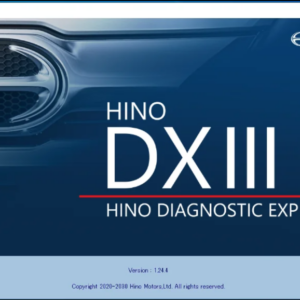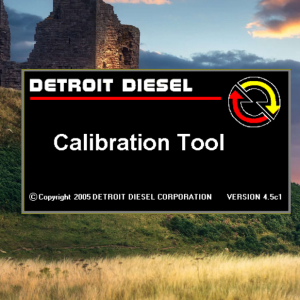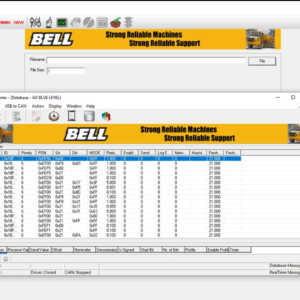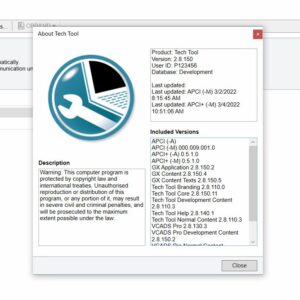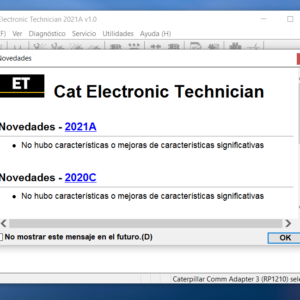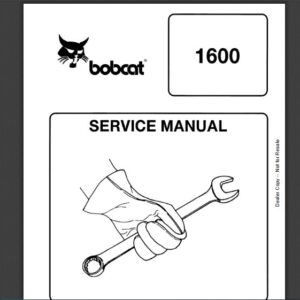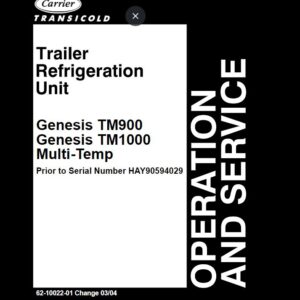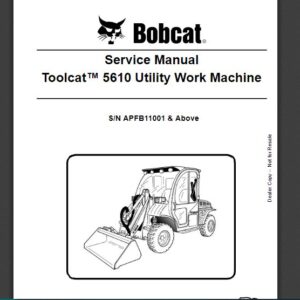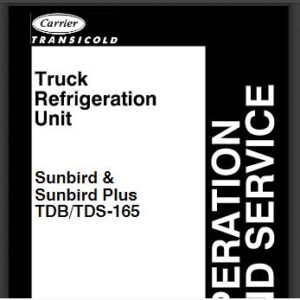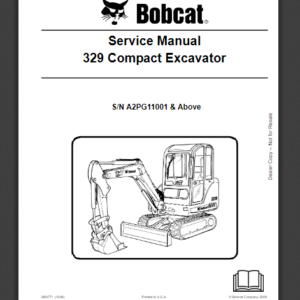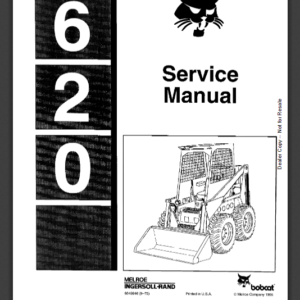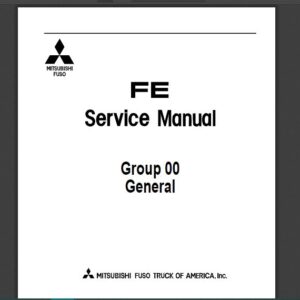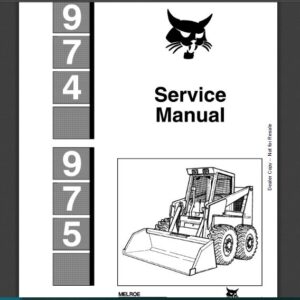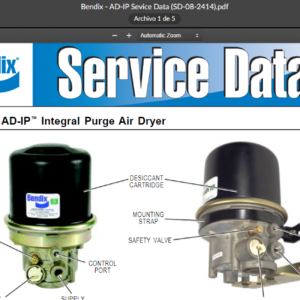Cummins X15 CM2450 X124B (2018 & Newer) Fault Code: 1866 PID: PID 411 SPN: 411 FMI: 2 Exhaust Gas Recirculation Differential Pressure- Data Erratic, Intermittent, or Incorrect
Circuit Description
The exhaust gas recirculation (EGR) differential pressure sensor has two ports that sense exhaust pressure. The sensor outputs a voltage which represents the pressure difference between the two ports located across an orifice in the EGR tube. The engine control module (ECM) uses this pressure to determine how much exhaust gas is flowing in the EGR connection tube to the intake manifold. This information is used to control the EGR valve for correct emission levels.The ECM provides a 5 volt supply to the EGR differential pressure sensor on the sensor supply circuit. The ECM also provides a ground on the sensor return circuit. The EGR differential pressure sensor provides a signal to the ECM on the EGR differential pressure sensor signal circuit. This sensor signal voltage changes, based on the differential pressure in the EGR crossover tube.The EGR differential pressure sensor measures the exhaust gas pressure drop across the EGR differential pressure orifice. This pressure drop is used to calculate the amount of EGR flow into the intake manifold.
Component Location
The EGR differential pressure sensor is mounted on the EGR mass measurement assembly.
Conditions for Running the Diagnostics
This diagnostic runs at key OFF when the following conditions are met:
Engine coolant temperature is 68°C [154°F] or higher.
Intake manifold air temperature is 7°C [44°F] or higher.
Keyswitch transitions from ON to OFF.
Conditions for Setting the Fault Codes
The Engine Control Module (ECM) detected the EGR differential pressure sensor was reading higher or lower than a calibratable value when the keyswitch was turned OFF.
Action Taken When the Fault Code is Active
The ECM illuminates the amber CHECK ENGINE lamp and/or the Malfunction Indicator Lamp (MIL) immediately when the diagnostic runs and fails.
Diesel exhaust fluid injection into the aftertreatment system is disabled.
Active and stationary regeneration of the diesel particulate filter will be disabled.
Exhaust Gas Recirculation (EGR) valve operation will be disabled.
Engine torque will be reduced if the engine is operated for an extended period of time with this fault active.
Conditions for Clearing the Fault Code
To validate the repair using a Diagnostic Road Test, utilize a route that incorporates both stop and go city type driving and steady state highway type driving. It may be necessary to load the unit for certain diagnostics in the ECM to run.
To validate the repair using a Chassis Dynamometer, utilize a routine that incorporates acceleration and motoring events, steady state highway type operation, and load. This will simulate normal driving and allow the diagnostics in the ECM to run.
The fault code status displayed by INSITE™ electronic service tool will change to INACTIVE immediately after the diagnostic runs and passes.
The ECM will turn off the amber CHECK ENGINE lamp immediately after the diagnostic runs and passes.
For On-Board Diagnostics (OBD) engines, the ECM will extinguish the Malfunction Indicator Lamp (MIL) after three consecutive trips where the diagnostic runs and passes.
The Reset All Faults command in INSITE™ electronic service tool can be used to clear active and inactive faults, as well as extinguish the MIL for OBD applications.
Shop Talk
This check is only performed at keyswitch OFF, during the ECM powerdown. During this diagnostic check, the ECM monitors the value of the EGR differential pressure sensor. If this value is outside of a specified range, Fault Code 1866 is set active.
Possible causes of this fault code include:
A damaged EGR differential pressure sensor.
High resistance in the wiring harness on the signal or return wire.
Plugged or restricted EGR differential pressure sensor flow ports.
Possible Cause:
1) ECM failure
-
ddct Detroit diesel calibration tool (DDCT) v4.5 English Include Calibrations & Metafiles
Detroit $30.00Rated 0 out of 5 -
premium volvo tech tool update 2.8.150 diagnostic software 1pc
Trucks software $150.00Rated 0 out of 5 -
CAT ET 2021A (Caterpillar Electronic Technician) + Factory Password (1 PC )
CAT $65.00Rated 0 out of 5
Related products
-
Allison 1000 & 2000 Gen 4 Fault Codes: P0880 TCM Supply Voltage
1000 & 2000 Gen 4 $50.00Rated 0 out of 5 -
Allison 1000 & 2000 Gen 4 Fault Codes: P0871 Transmission Pressure Switch Solenoid E Circuit Stuck Open
1000 & 2000 Gen 4 $50.00Rated 0 out of 5 -
Allison 1000 & 2000 Gen 4 Fault Codes: U0031 J1850 (Class 2) Serial Data Communication Link Low
1000 & 2000 Gen 4 $50.00Rated 0 out of 5 -
Allison 1000 & 2000 Gen 4 P0719 Brake Switch ABS Input Low
1000 & 2000 Gen 4 $50.00Rated 0 out of 5 -
Allison 1000 & 2000 Gen 4 Fault Codes: P0122 Pedal Position Sensor Circuit Low Voltage
1000 & 2000 Gen 4 $50.00Rated 0 out of 5 -
Allison 1000 & 2000 Gen 4 Fault Codes: P1688 Unmanaged Engine Torque Delivered To TCM Signal
1000 & 2000 Gen 4 $50.00Rated 0 out of 5 -
Allison 1000 & 2000 Gen 4 Fault Codes: U1041 J1850 (Class 2) ABS Controller State of Health Failure
1000 & 2000 Gen 4 $50.00Rated 0 out of 5 -
Allison 1000 & 2000 Gen 4 Fault Codes: U0100 CAN Bus ECM Error
1000 & 2000 Gen 4 $50.00Rated 0 out of 5 -
Allison 1000 & 2000 Gen 4 Fault Codes: P2773 Torque Control Request Ignored – ECM/TCM
1000 & 2000 Gen 4 $50.00Rated 0 out of 5 -
Allison 1000 & 2000 Gen 4 Fault Codes: U1096 J1850 (Class 2) IPC Controller State of Health Failure
1000 & 2000 Gen 4 $50.00Rated 0 out of 5 -
Allison 1000 & 2000 Gen 4 Fault Codes: U2104 CAN Bus Reset Counter Overrun
1000 & 2000 Gen 4 $50.00Rated 0 out of 5 -
Allison 1000 & 2000 Gen 4 Fault Codes: P2810 Solenoid G Electrical
1000 & 2000 Gen 4 $50.00Rated 0 out of 5 -
Allison 1000 & 2000 Gen 4 Fault Codes: U0073 CAN Bus Reset Counter Overrun
1000 & 2000 Gen 4 $50.00Rated 0 out of 5 -
Allison 1000 & 2000 Gen 4 Fault Codes: P1892 Throttle Position Sensor Pulse Width Modulation (PWM) Signal High Input
1000 & 2000 Gen 4 $50.00Rated 0 out of 5 -
Allison 1000 & 2000 Gen 4 Fault Codes: U1016 Class 2 J1850 (Class 2) Powertrain Controller State of Health Failure
1000 & 2000 Gen 4 $50.00Rated 0 out of 5

